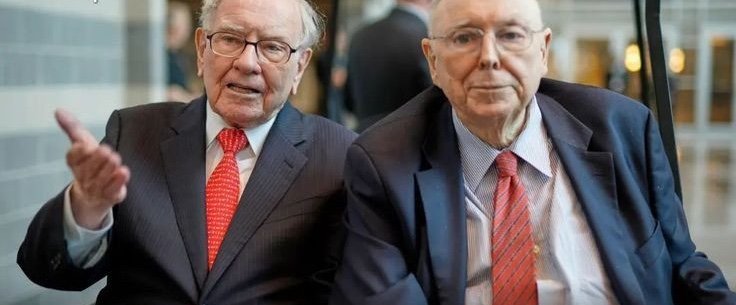Leaders are constantly required to interpret complex, ambiguous situations. Whether it's a missed target, a team conflict, or a career crossroads, the story you tell yourself about what’s happening will either empower you or hold you back.
As a coach, I help leaders explore the stories they are living by:
· Is this challenge a threat, or a signal for growth?
· Is that tension in your team a problem, or an invitation to lead differently?
· Is your current frustration a dead-end, or a turning point?
Reframing isn’t about denial or false optimism. It’s about choosing meaning with intention. It’s about emotional mastery. It’s about creating space to respond rather than react. And I think it’s one of the most powerful tools in a leader’s toolkit. If you are at a place where your old stories are not serving you, maybe it’s time to rewrite them, with support from a coach. Contact me via email to book a free 30 minute discovery call.





















